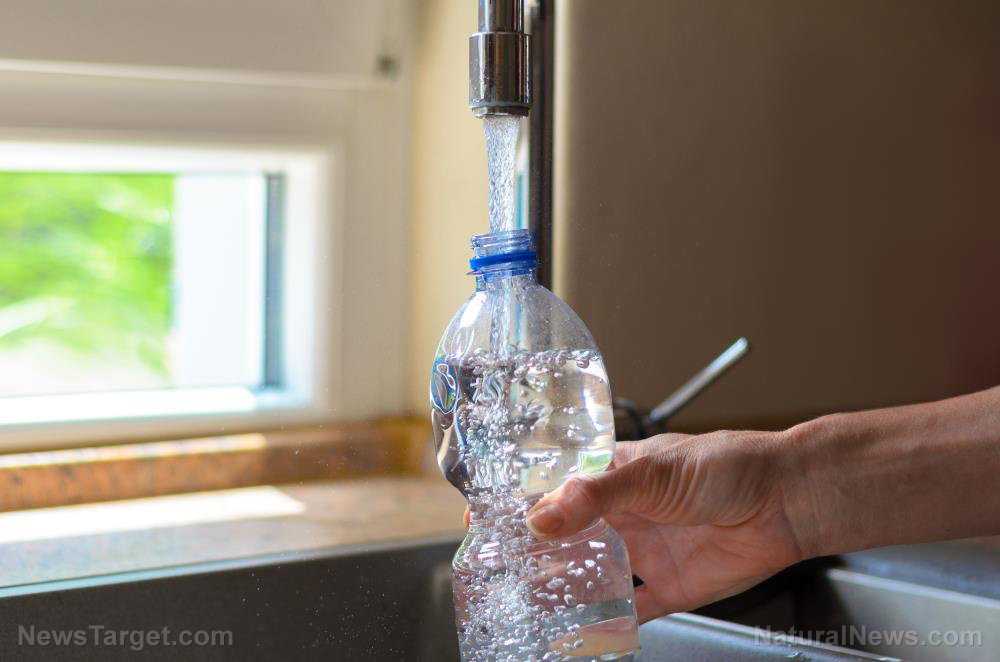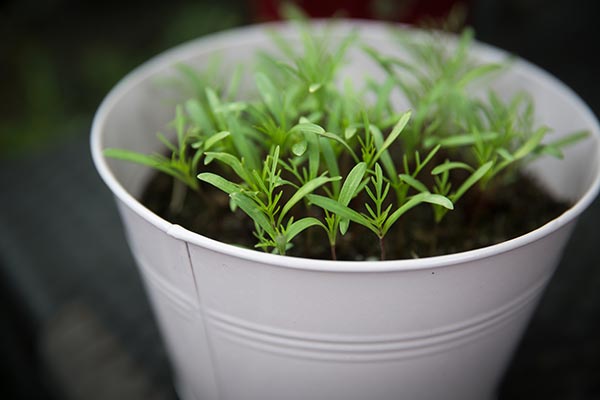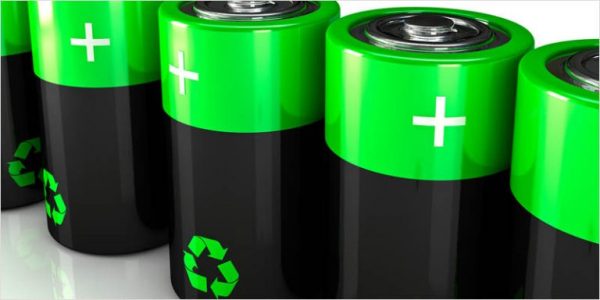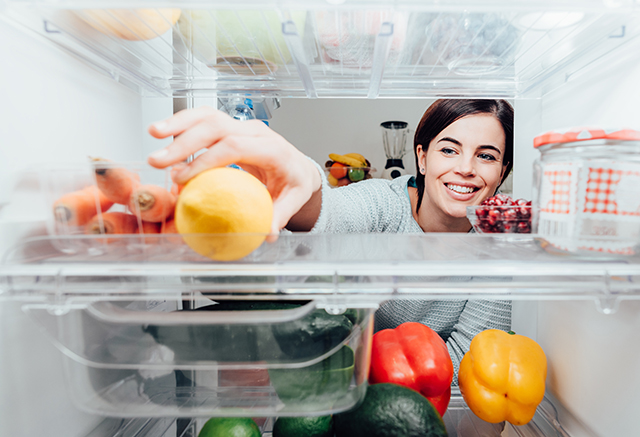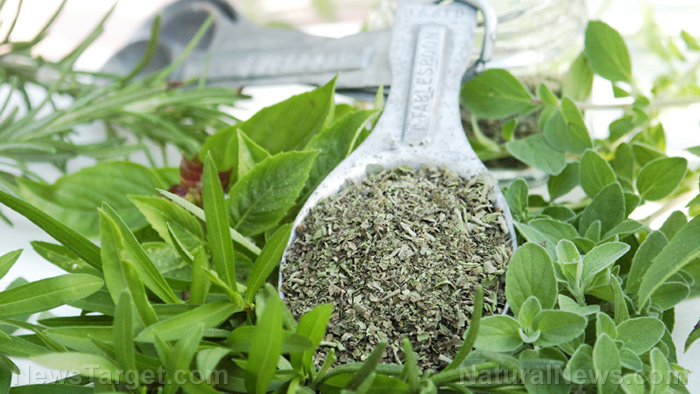10 Tips to help you stay clean during a disaster
06/30/2021 / By Divina Ramirez
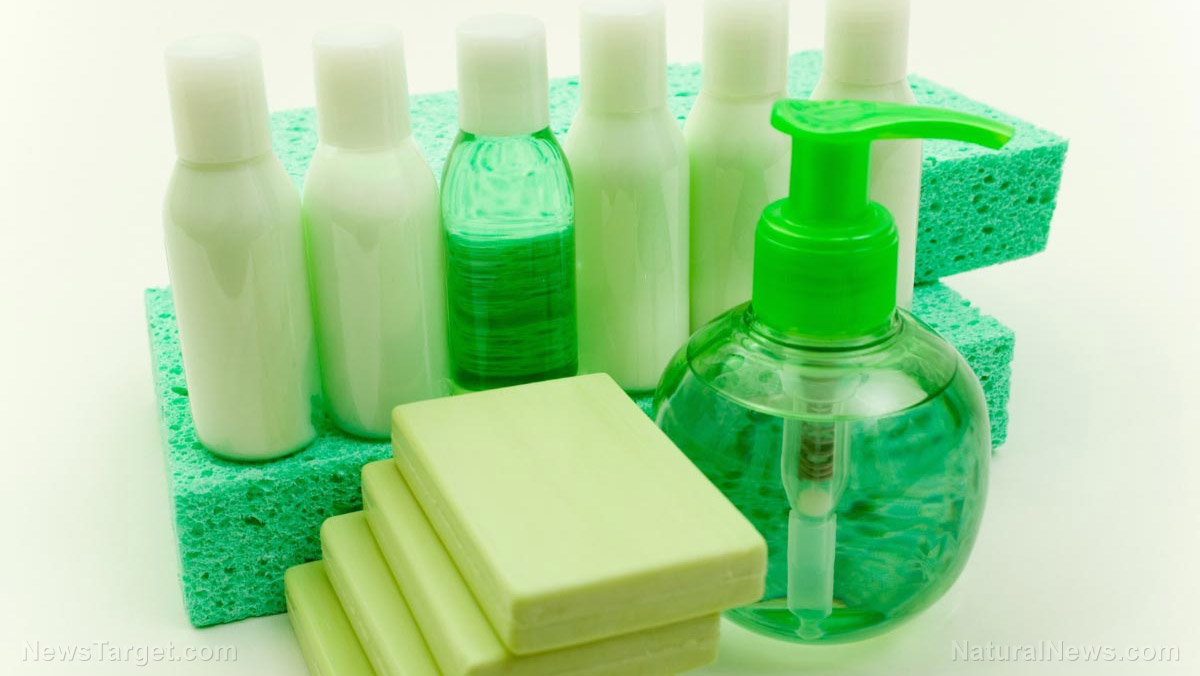
Contaminated bathing water and lack of functional toilet facilities can create a hazardous environment, leading to illness and, in severe cases, death. But clean water and sanitation supplies can be hard to find during a disaster when toilets, showers and sinks may not function and emergency assistance may not be available.
To help you stay clean and healthy during a disaster, here are 10 things that you can do as a prepper:
1. Prepare a makeshift toilet.
Earthquakes, hurricanes and wildfires can lead to statewide blackouts, which can affect water facilities. In such cases, you won’t have access to a working toilet or clean water. You’ll still need a toilet for proper waste disposal. If the toilet at home isn’t working, make one by lining a large bucket with a plastic or garbage bag and attaching a toilet seat on top.
You can also purchase a portable toilet so you don’t have to make one from scratch. But whether you opt to buy a portable toilet or make one yourself, make sure you have somewhere to use it that isn’t out in the open. Keeping your toilet indoors ensures it doesn’t get contaminated and pose a threat to your health.
2. Stock up on rubbing alcohol and make hand sanitizers.
Sanitizers and alcohol are great for disinfecting your hands before handling food, especially in situations where clean water isn’t available. These sanitation supplies can also be used to sterilize wounds and prevent infection. Here’s an easy recipe for a homemade hand sanitizer:
Ingredients:
- 30 drops tea tree essential oil
- 5–10 drops lavender essential oil
- 3 ounces 91 percent rubbing alcohol
- 1 ounce aloe vera gel
- 1/4 teaspoon vitamin E oil
Preparation:
- Mix the essential oils and vitamin E oil in a bowl.
- Pour in the rubbing alcohol and swirl to mix.
- Stir in the aloe vera gel. Mix well.
- Pour into a colored pump bottle. Shake before each use.
3. Store water for washing and bathing.
Power and water interruptions can take a while to restore in the aftermath of a disaster. Be prepared by storing water for washing and bathing in large tanks or plastic containers. You may also want to stock up on bottled water for drinking.
4. Stock up on soap.
Hygiene supplies like soap will be among the first items that stores will run out of following a disaster. Don’t wait until a disaster has already struck to buy soap. Slowly build a small stockpile of soap by buying a couple of extra bars during your grocery runs. Take note that bars of soap tend to last longer than liquid soap.
5. Save old plastic shopping bags.
Plastic bags serve various purposes during a disaster. It can be used to catch fecal matter from a portable toilet, store wet clothes and dispose of garbage.
6. Reuse an old Diaper Genie.
A Diaper Genie is a baby diaper disposal system that consists of a plastic container with a plastic lid. If you have an old one lying around, reuse it for emergencies. You can put bags of feces from cleaning out the makeshift toilet into the Diaper Genie to keep the room you keep the toilet at from smelling bad.
7. Set up a sanitation station.
Having a sanitation station makes it easier for you and your family members to clean yourselves before moving inside the house to areas where you keep or handle food. Ideally, your sanitation station should be next to the main door or the back door of the house so that you can easily clean yourself as soon as you enter the house. (Related: Off-grid hygiene: Washing your hands without running water.)
8. Keep the sanitation station free of food.
Your sanitation station should only contain cleaning supplies, such as soap bars, alcohol, sanitizer and water to wash with. Keep food away from this area. You don’t want germs from the sanitation area to get on food.
9. Stock up on feminine hygiene products.
If you’re a woman or live with women, make sure to have a stockpile of feminine hygiene products. These include tampons, menstrual pads, sanitary napkins, panty liners and disposable wipes. These products will make it easier for you or the women in your family to stay clean if they get their period amid a disaster.
10. Stock up on adult diapers.
Adult diapers come in handy in an emergency. For instance, if you only have one makeshift or portable toilet in the house but have several family members who need to use it, you can have some of them use adult diapers. You can slowly build your stockpile of adult diapers by grabbing them when they’re on sale or using coupons.
Good personal hygiene is critical to avoiding illness and disease. It becomes especially important when disaster strikes, as finding clean, safe water can be difficult. Follow the tips above to keep you and your family clean and healthy during an emergency.
Learn more about preparing for emergencies and disasters at Preparedness.news.
Sources include:
Tagged Under: bug out, disaster, homesteading, how-to, hygiene, off grid, preparedness, prepper, prepping, sanitation, SHTF, survival, survivalist, tips
RECENT NEWS & ARTICLES
COPYRIGHT © 2017 PREPAREDNESS NEWS

